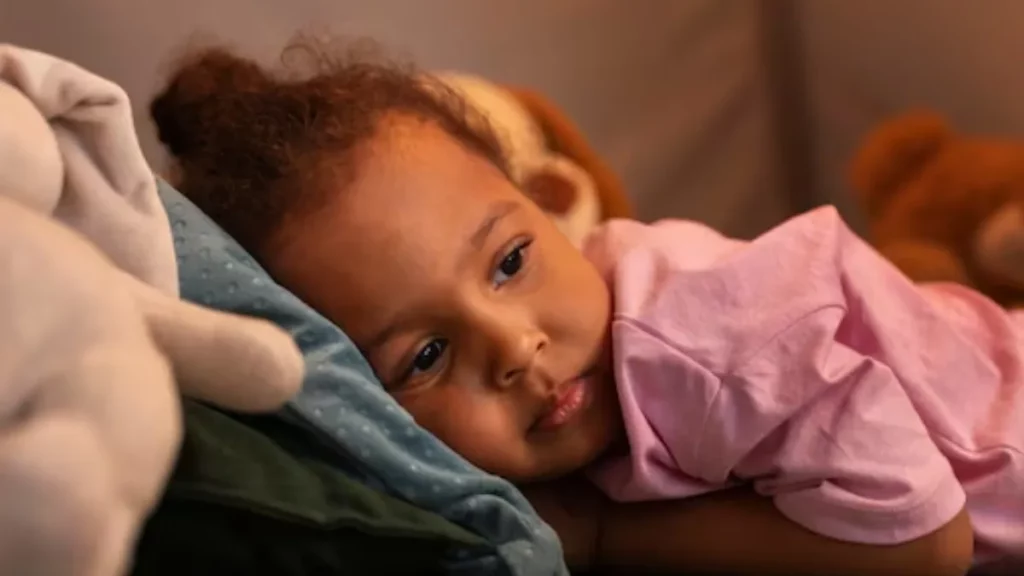
Viral Jaundice in Children: Symptoms, Prevention, and Expert Advice
Following preventive measures is critical to protect children from jaundice infection. In addition to that, early vaccination is one of the most effective ways of avoiding jaundice through the Hepatitis A virus.
What Is Viral Jaundice in Children?
Viral jaundice is a common liver infection in children, typically caused by hepatitis A or E viruses (two enterically transmitted viruses). It occurs when the liver becomes inflamed and there is an accumulation of bilirubin, a yellow pigment in the blood. This results in yellowing of the skin and eyes and is usually the first sign to be detected. Although viral jaundice typically isn’t severe in kids and can be treated with rest and attention, early detection is still important to avoid complications.
Symptoms to Watch For
According to Dr Santosh N, MBBS, MD (PED), Sr Consultant Paediatrician and Neonatologist, Apollo Cradle & Children’s Hospital, Jayanagar, Bengaluru, the symptoms of viral jaundice are mild and can be confused with a basic stomach bug or the flu. Further, the child might feel tired, weak, or cranky, and there is a loss of interest in food.
Some of the most common symptoms of jaundice are:
- Skin and eyes turn yellow
- Dark yellow-colored urine
- Pale, clay-like stool
- Abrupt loss of appetite
- Abnormal tiredness or low energy
- Low-grade fever
- Nausea or vomiting
- Abdominal pain, particularly in the upper right portion
The symptoms most commonly appear 2 to 6 weeks following the contact of the child with the virus.
Although the illness is usually not severe in healthy children, in case the child has yellow eyes or dark urine, it is critical to consult a paediatrician immediately.
Preventive Measures for Parents
Prevention of viral jaundice in children is primarily based on maintaining good personal and environmental hygiene, such as:
- Encourage the child to wash hands often, most importantly after using the toilet and before meals.
- Drinking water should always be clean, preferably boiled or filtered.
- Do not let the child eat street or outside food, which might be contaminated.
- Wash vegetables and fruits thoroughly before consumption.
- Personal items like water bottles, towels, and cutlery cannot be shared between children, as they can increase the risk of transmitting the infection.
Following preventive measures is critical to protect children from jaundice infection. In addition to that, early vaccination is one of the most effective ways of avoiding jaundice through the Hepatitis A virus. The vaccine is a safe, effective, and strongly recommended measure in areas prone to high infection. Besides that, maintaining proper hygiene and following medical advice go a long way in reducing the risk of infection.
Disclaimer: Tips and suggestions mentioned in the article are for general information purposes only and should not be construed as professional medical advice. Always consult your doctor or a dietician before starting any fitness programme or making any changes to your diet.